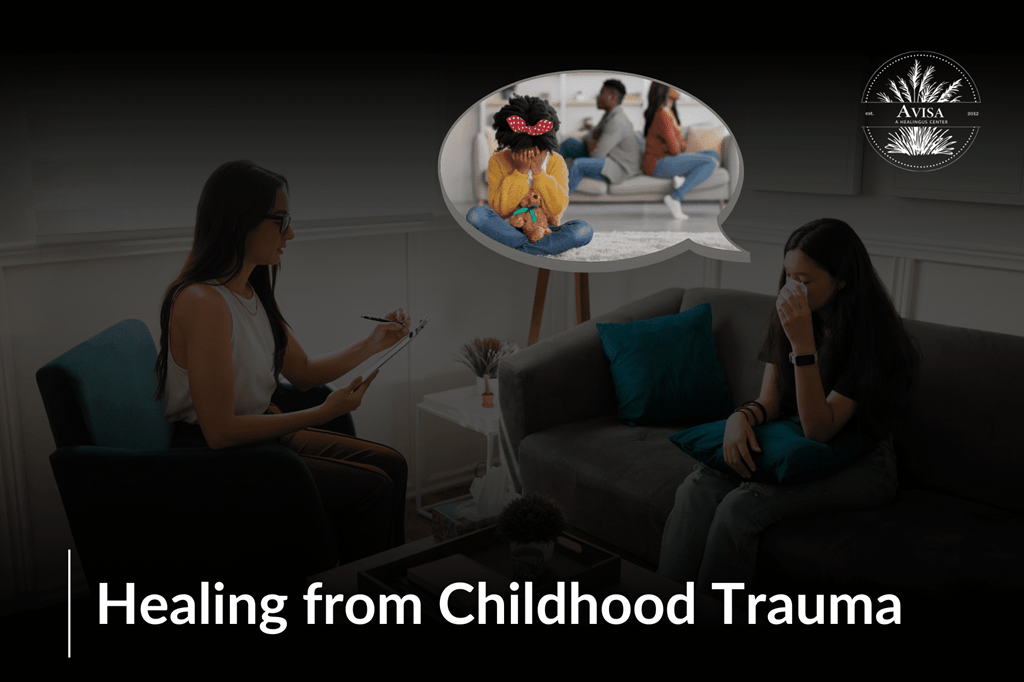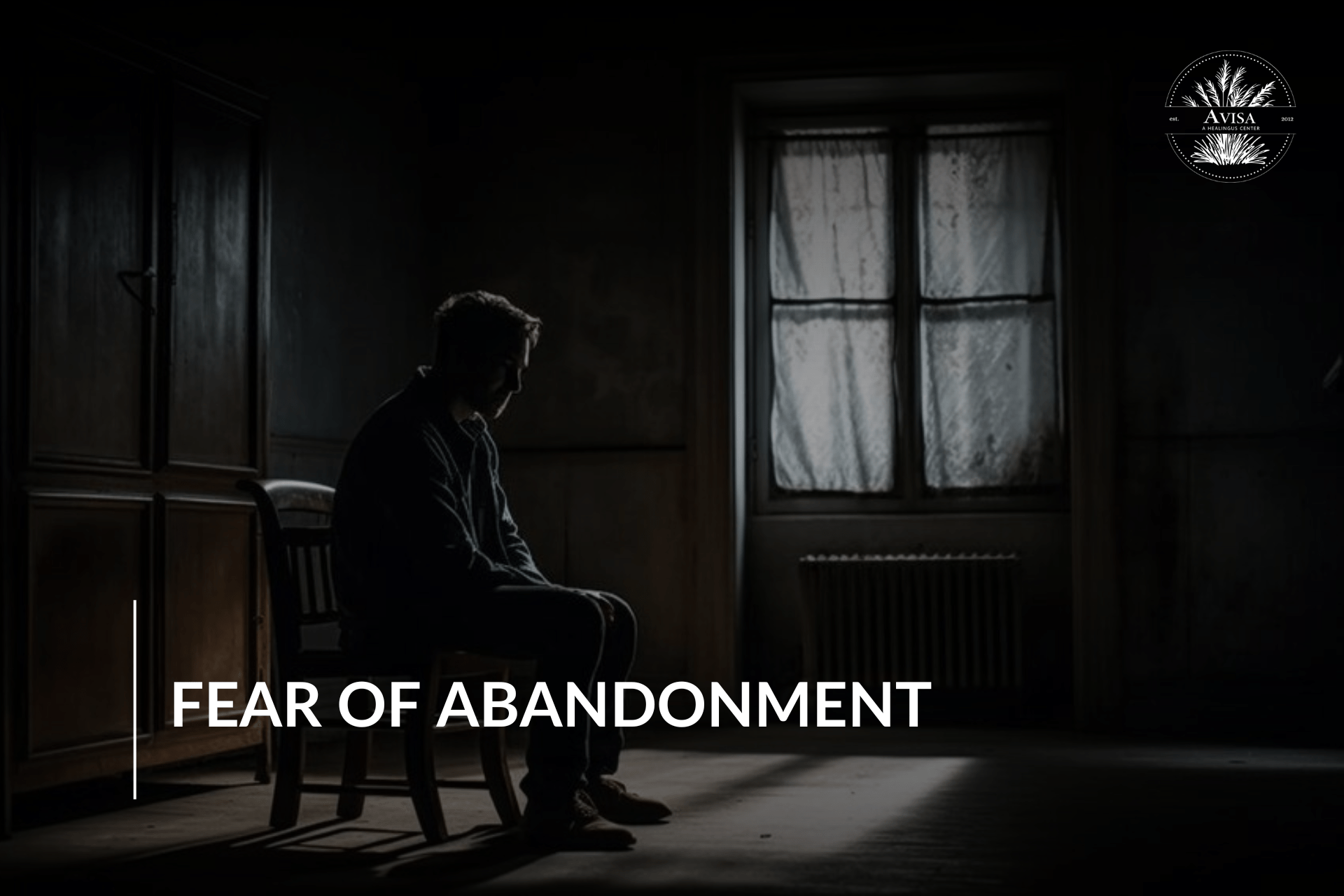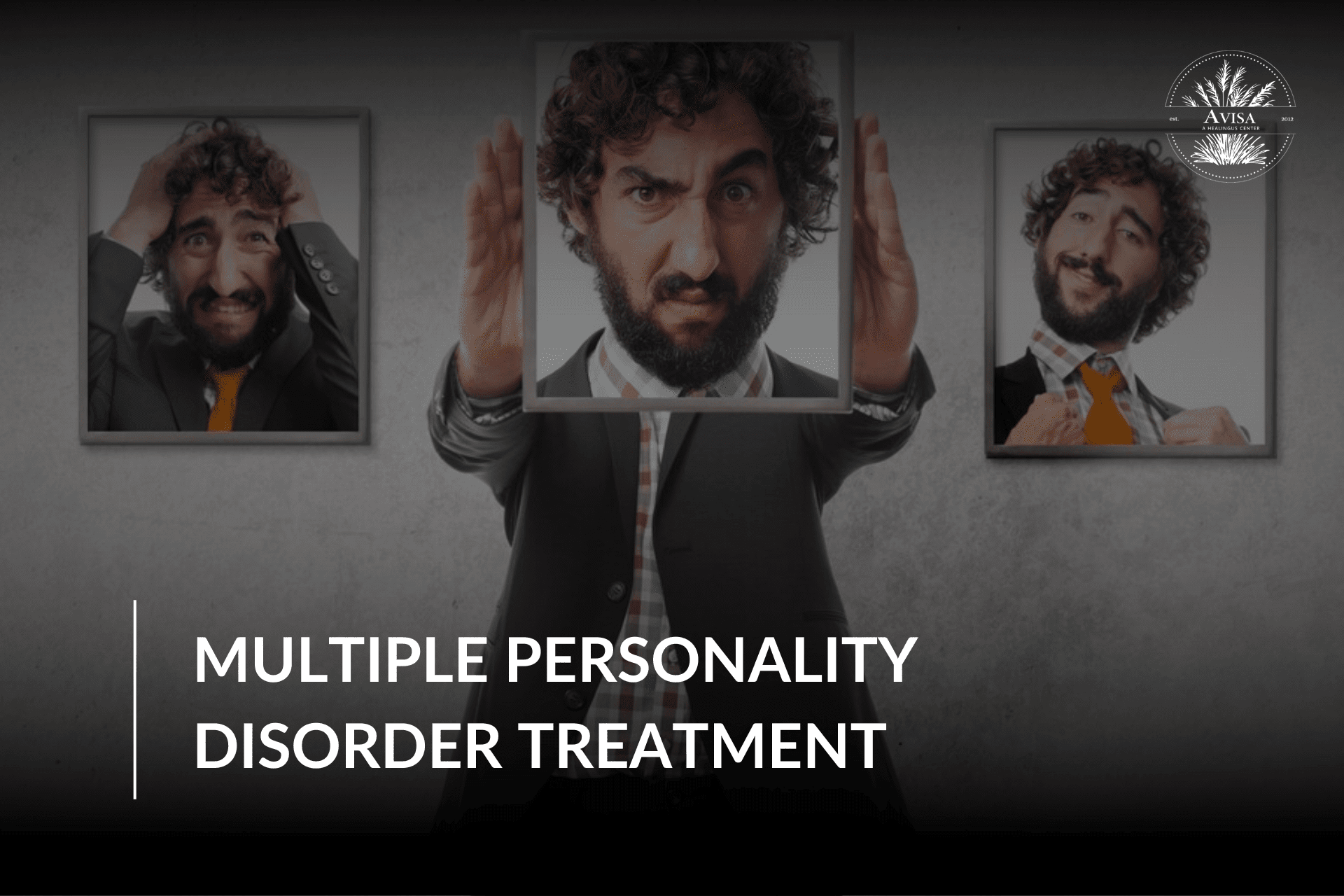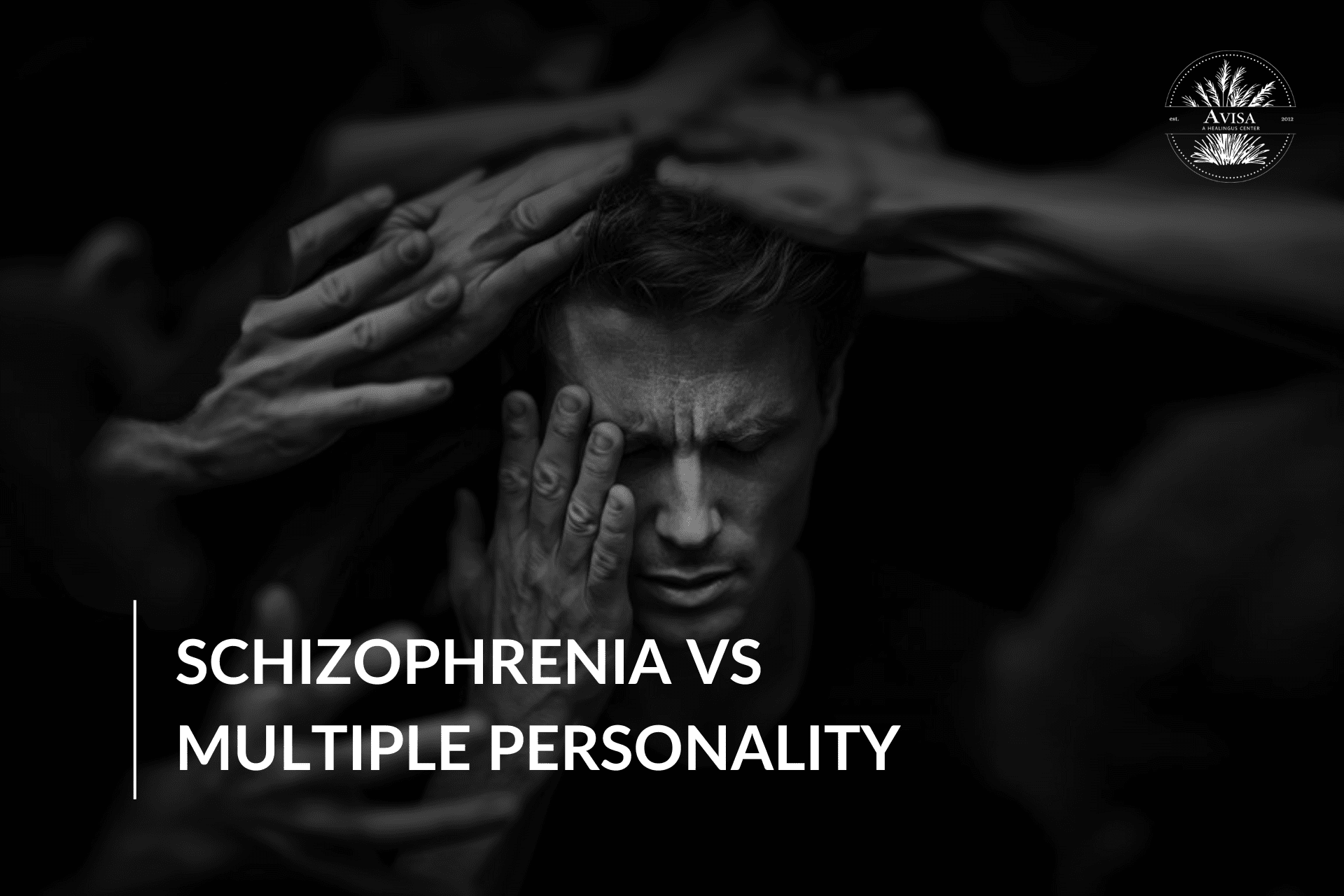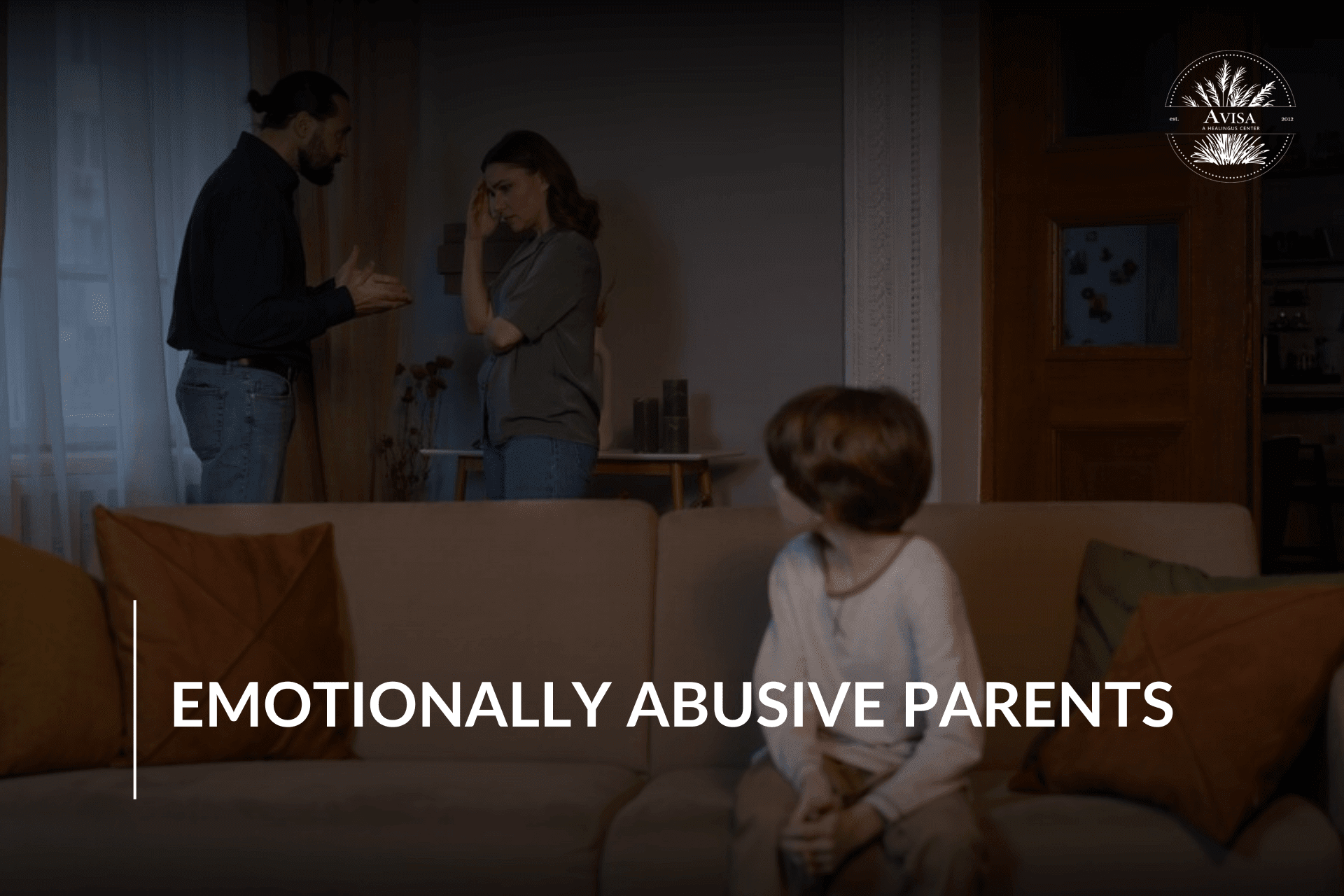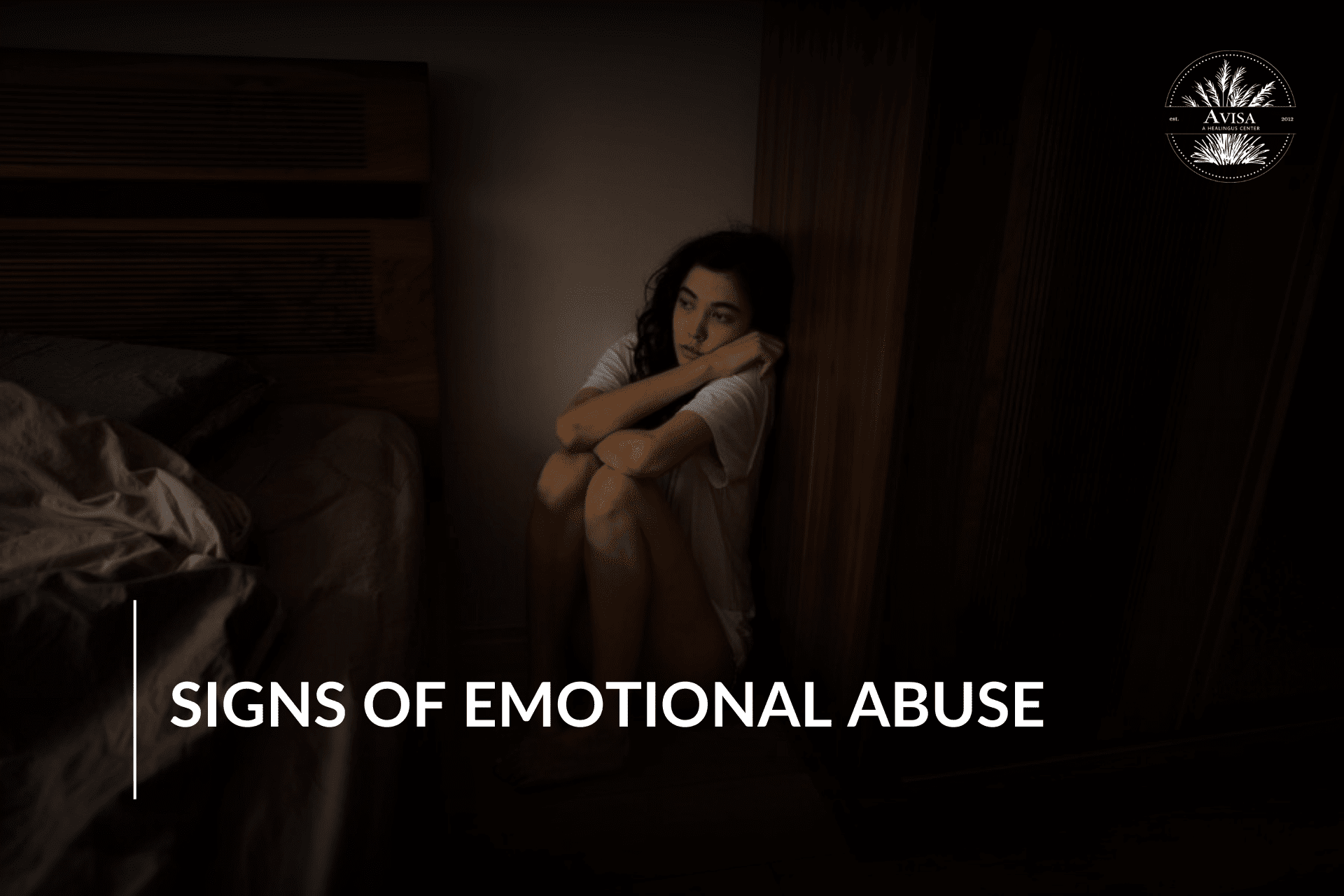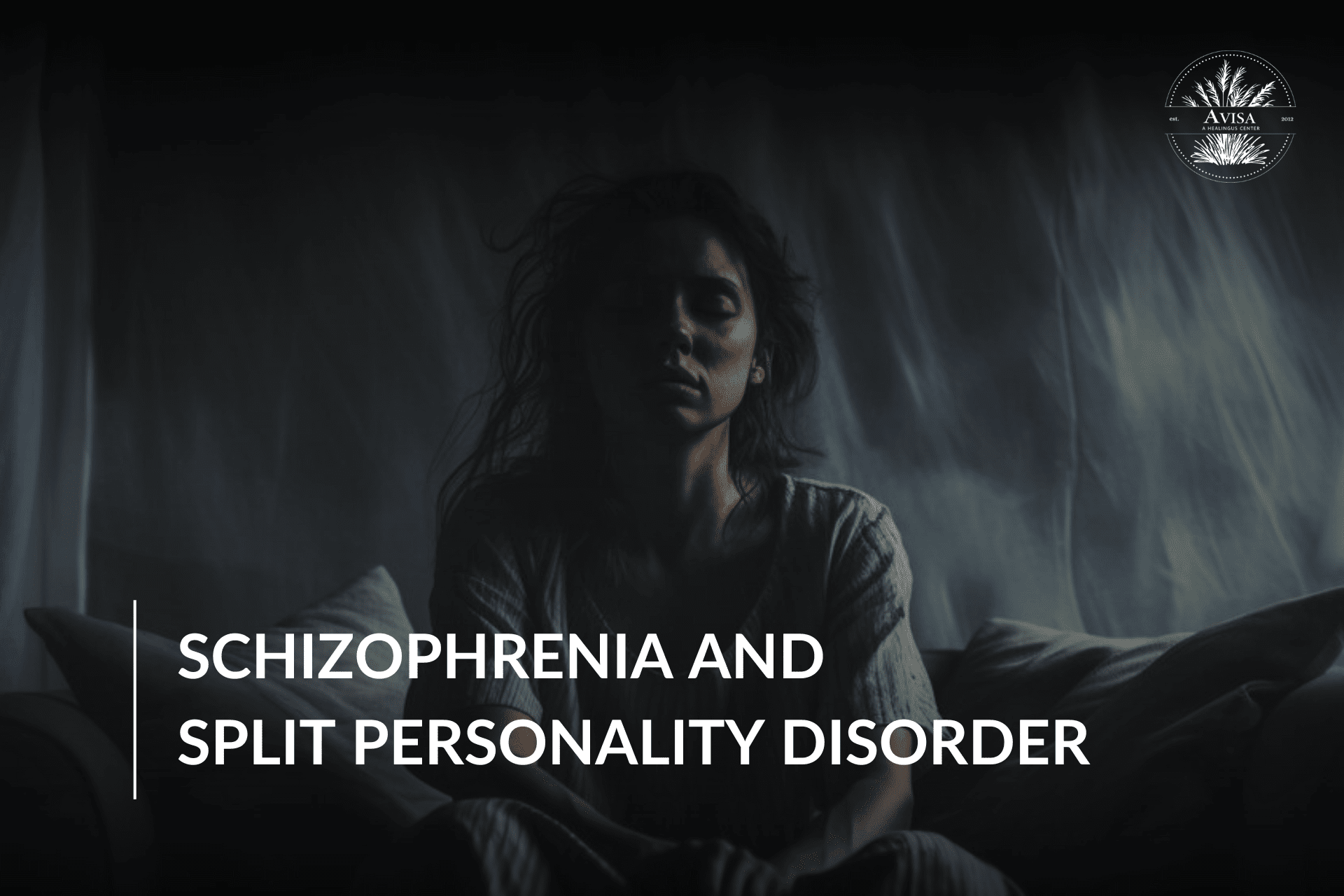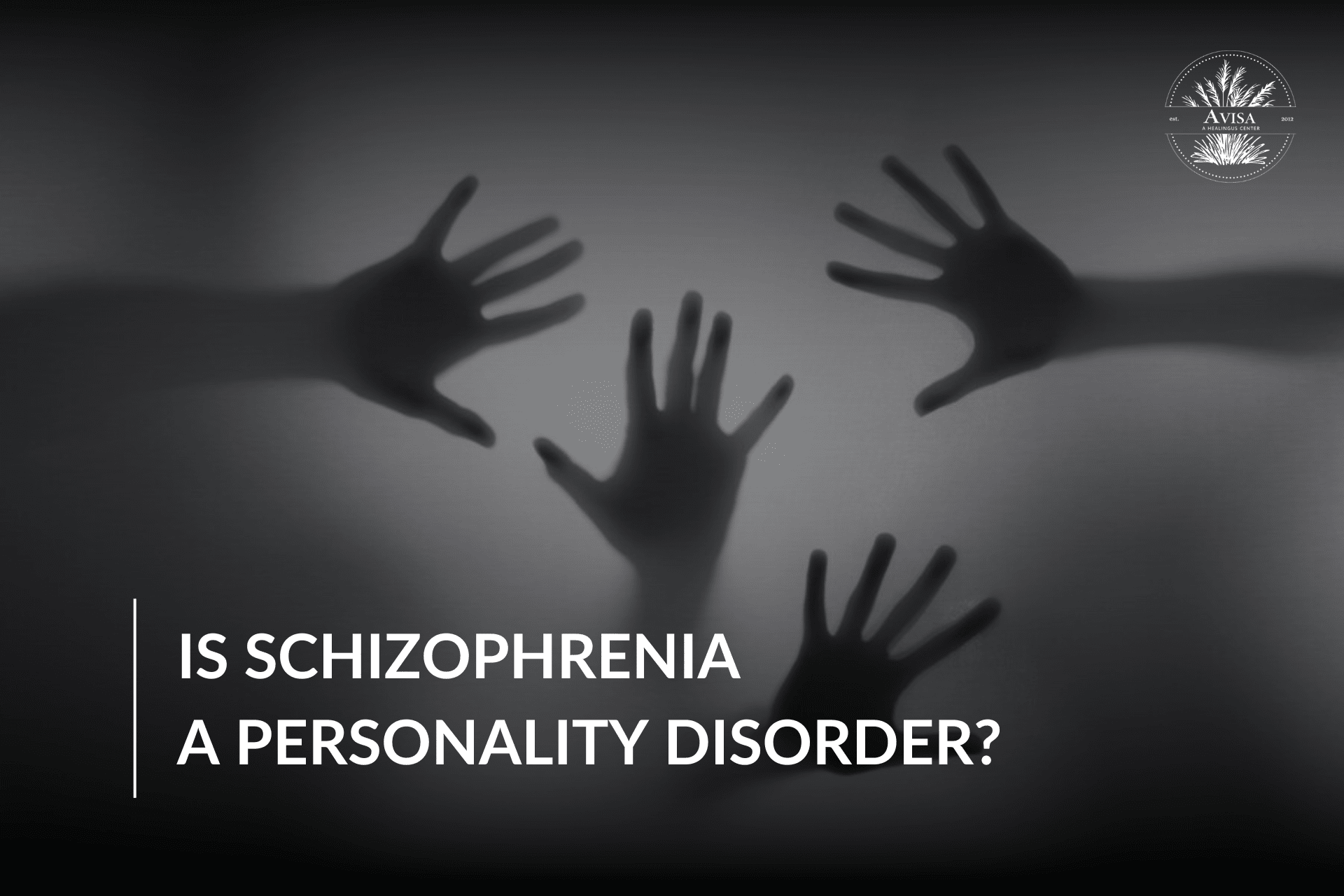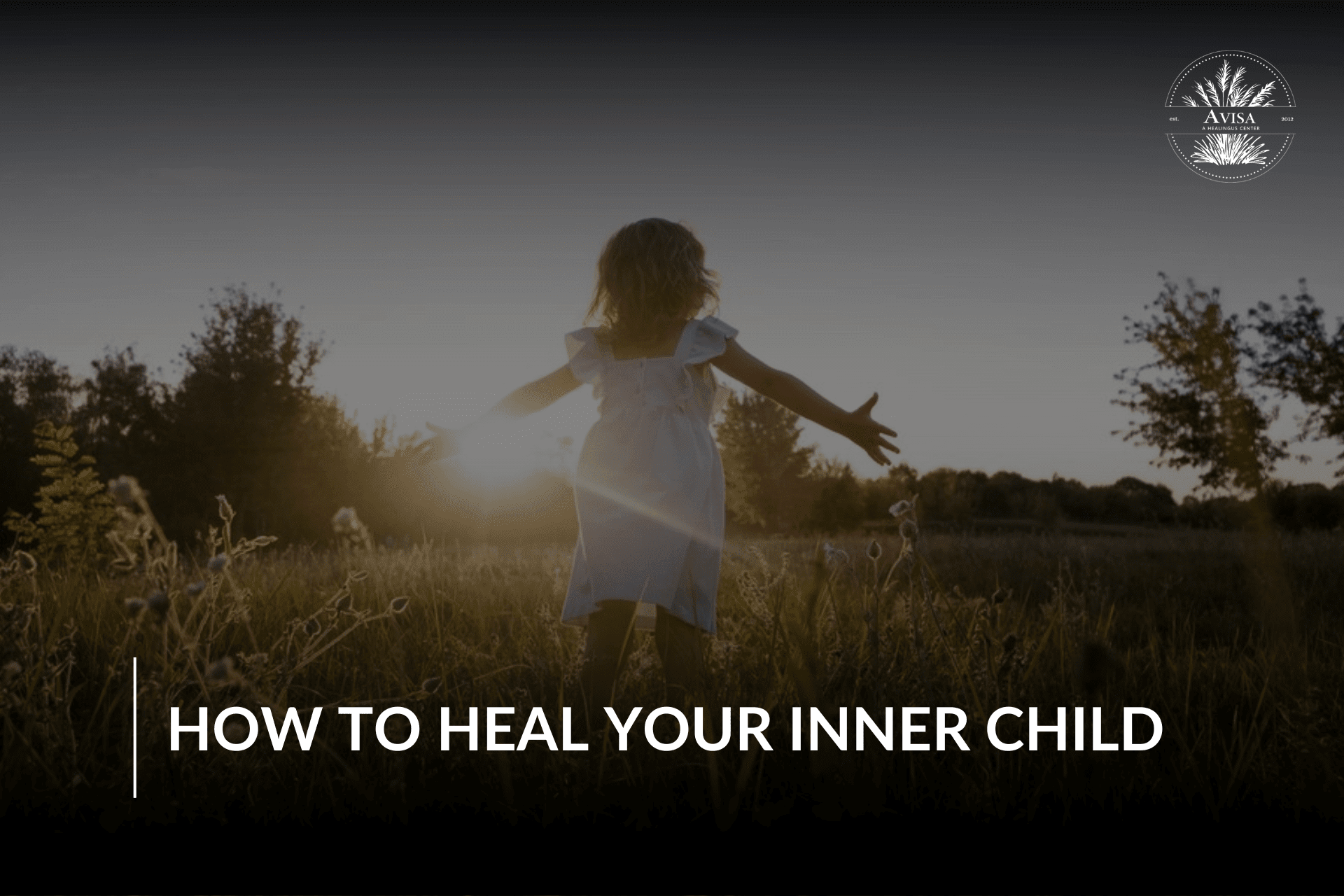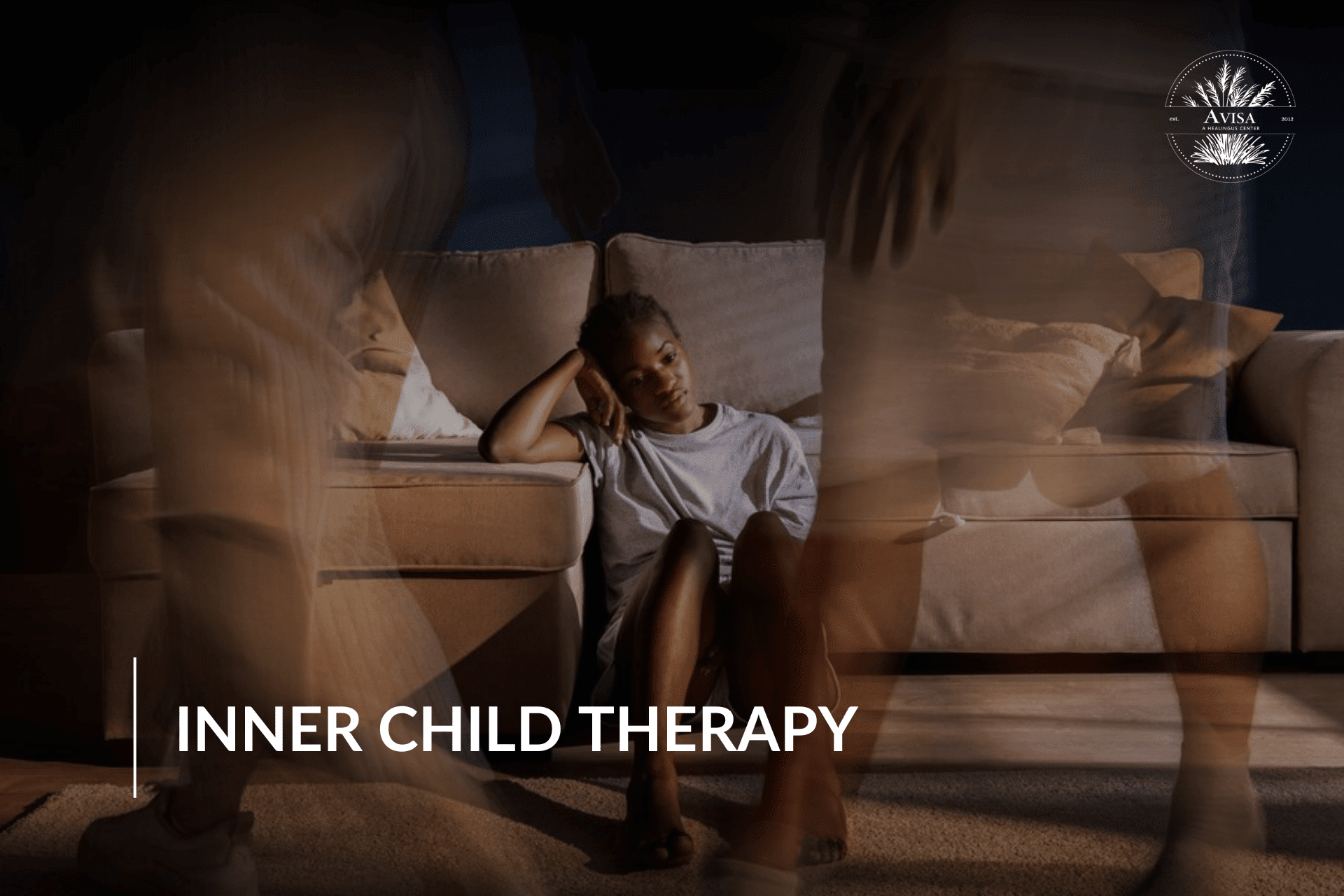Healing from childhood trauma is a serious and transformative journey that most of us go through. Childhood trauma can leave deep emotional and psychological scars. It affects various aspects of life well into adulthood. Knowing the effective strategies for healing from childhood trauma is crucial for those looking to reclaim their well-being and build a healthier future.
This blog will explore practical and compassionate approaches to healing from childhood trauma. From therapeutic techniques to self-care practices, we’ll understand how to navigate the complex path toward recovery. By focusing on healing from childhood trauma, you will gain insights into methods that can help overcome past wounds and foster personal growth.
It's time to let go of the pain and start building a peaceful future!
Understanding Childhood Trauma
Childhood trauma refers to any distressing event experienced during childhood that has a lasting impact on a person’s emotional and psychological well-being. These events can range from physical and emotional abuse to neglect, witnessing violence, or experiencing the loss of a loved one. Understanding childhood trauma is the first step toward healing from childhood trauma.Types of Childhood Trauma
There are several types of childhood Trauma, including- Physical Abuse
- Emotional Abuse
- Neglected support
- Sexual Abuse
- Witnessing Violence
- Loss or Bereavement
Signs and Symptoms in Adulthood
Adults who have unresolved childhood trauma may experience:- Emotional: Anxiety, depression, worthlessness.
- Behavioral: Substance abuse, relationship issues.
- Physical: Chronic pain, and headaches.
- Cognitive: Memory problems, trouble concentrating.
- Mental Health Issues: Anxiety, depression, PTSD.
- Relationship Problems: Trust and intimacy issues.
- Occupational Challenges: Employment difficulties.
- Physical Health Problems: Chronic illnesses.
Therapeutic Approaches
The traumatic effect of Childhood trauma feels like it can never be cured. Healing from Childhood trauma involves various therapeutic methods. The right approach can help you overcome the trauma and help in learning how to cope. Here are some effective approaches:Talk Therapy
Cognitive Behavior Therapy
- Aims at changing pessimistic thought patterns.
- Assists in handling anxiety and depression.
Dialectical Behaviour Therapy
- Synthesis of CBT with mindfulness techniques.
- Beneficial for emotional self-regulation and interpersonal competencies.
Psychodynamic Therapy
- Unearths unconscious thoughts and past experiences.
- Intends to reveal deeply rooted issues from childhood.
Somatic Therapies
EMDR (Eye Movement Desensitization and Reprocessing)
- Uses eye movements in processing traumatic memories.
- Good for PTSD as well as trauma-related anxiety.
Somatic Experiencing
- Leverages on somatic signals to unlock trauma.
- Helps in building resilience and reducing stress levels.
Creative Therapies
Art Therapy
- Utilizes art forms to deal with emotions
- Valuable for individuals who cannot express themselves verbally easily.
Music Therapy
- Applies the use of music to improve emotional well-being.
- It can be soothing, as well as a way of expressing emotions.
Writing/Journaling
- Encourages written expression of thoughts and feelings
- Helpful for understanding and working through trauma issues.
Self-Care Approaches
Individuals who have experienced childhood trauma need more than therapy alone. Self-care is another important aspect of the healing process, as it helps to alleviate the pain experienced by the victim. Here are a few strategies that can be used:Mindfulness and Meditation
Techniques and Benefits
- Mindfulness is about being aware of one’s present.
- Meditation helps to soothe the mind thereby reducing stress.
Incorporating Mindfulness into Daily Life
- Engage in deep breath exercises.
- Take short mindful breaks during your day.
Physical Activity
Benefits of Exercise on Mental Health
- When you work out, your body releases endorphins which uplift your mood.
- It relieves anxiety or depression.
Types of Physical Activities that Promote Healing
- Walking or jogging.
- Yoga along with stretching exercises.
Healthy Lifestyle Choices
Nutrition and Its Impact on Mental Health
- Feeding on balanced diets enhances brain functioning
- Avoid junk foods and sugar.
Importance of Adequate Sleep
- Sleep between 7-9 hours every night
- Establish a relaxing bedtime routine.
Integrating Healing Practices into Daily Life
Integrating healing from childhood trauma into everyday activities is significant. How do you do it? There are several ways such asDeveloping a Routine that Supports Healing
- Consistency: Make a daily schedule that has time for you to do things that will help you heal yourself.
- Balance: Mix relaxing and active activities.
- Reflection: Allocate some time every day to review how far you have come from.
Setting Realistic and Achievable Goals
- Small Steps: Start with small goals that are manageable toward healing childhood trauma.
- Progress Tracking: Utilize a diary where you can note down what you have achieved or failed in life’s endeavors.
- Adjusting Goals: Change your plans when necessary so that they could work better for you.
Being Patient with the Healing Process
- Self-Compassion: Be kind to yourself and understand it takes time to heal.
- Understanding Pace: Everyone heals at his own pace; accept this.
- Celebrate Progress: Mark even the smallest victories while on the journey of healing.
Overcoming Challenges
Healing from childhood trauma is hard and encountering difficulties is normal. Here’s what to do:Dealing with Setbacks and Relapses
- Acknowledge Them: Accept setbacks as part of the healing process.
- Learn from Them: Consider what caused the setback and what you can do differently next time.
- Keep Going: Don’t let setbacks stop your progress. Get back on track as soon as you can.
Motivational Strategies and Concentration
- Use Reminder: Utilize notes or software to remember your goals and track your progress.
- Look for Inspiration: This is via reading, watching videos or following others who help you to keep on working towards healing from the trauma you experienced as a child.
- Stay Linked: To remain motivated talk to encouraging friends or join support groups.
The Importance of Self-Compassion and Forgiveness
- Be Nice To Yourself: Always treat yourself with the same kindness you would offer another person in need.
- Forgive Yourself: It’s important to realize that everybody makes mistakes, including oneself; hence, forgiving them isn’t wrong either.
- Practice Patience: Healing from childhood trauma takes time, so be patient with yourself.
Tired of fighting addiction and mental health struggles?
Ignoring both deepens the struggle. Our holistic approach—detox, therapy, and medication-assisted treatment—can help you heal. Take the first step today.
Conclusion
Healing from childhood trauma is a difficult yet transformative experience. It is important to know why these deep-rooted injuries must be addressed and effective strategies put into practice if one wants to regain their well-being and create a better future for themselves. You now have an all-inclusive manual regarding therapy methods, self-care routines, creating a support group, integrating recovery into daily life etcetera that will assist you in recovering fully after childhood traumas.
Recall that healing from traumatic experiences of childhood is a time-consuming, patient, and self-compassionate process full of ups and downs, but with the correct tools and support one can overcome the problems to live a better life.
We at Avisa are dedicated to helping you on this path. In case you know someone or you personally suffer from childhood trauma effects. Contact us for help today.
Start recovering from your childhood trauma now. More information and help can be obtained by contacting Avisa. It is here where your journey toward recovery and growth begins.


